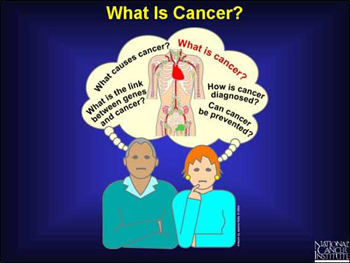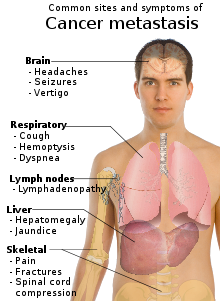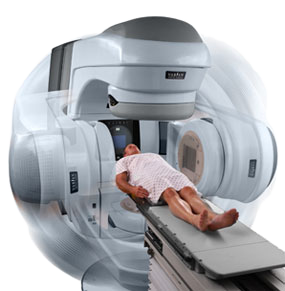Cancer
- naqiffabeauty123
- Mar 3, 2016
- 2 min read
What is a cancer?
Cancer is the name given to a collection of related diseases. In all types of cancer, some of the body’s cells begin to divide without stopping and spread into surrounding tissues.
Cancer can start almost anywhere in the human body, which is made up of trillions of cells. Normally, human cells grow and divide to form new cells as the body needs them. When cells grow old or become damaged, they die, and new cells take their place.
Types of Cancer
Specific cancers are frequently named for the organ experiencing the abnormal growth of cells, as with breast cancer and prostate cancer. Leukemia, a group of blood cancers, starts with the leukocytes, the type of white blood cells affected, and gets its name from them.
For men, the most common type of cancer is prostate cancer, says Lichtenfeld. For women, it is breast cancer. After those gender-specific cancers, lung cancer and colorectal cancers are the next most common types for both men and women. Following these, the most prevalent types of cancer are split by sex again: bladder cancer and melanoma for men, and uterine cancer and non-Hodgkin lymphoma for women.
Breast Cancer
Metastasis Cancer
Cancer Conditions
Bladder Cancer
Bone Cancer
Brain Tumor
Breast Cancer
Colon Cancer
Esophageal Cancer
Kidney Cancer
Leukemia
Liver Cancer
Lung Cancer
Lymphoma
Mesothelioma
Multiple Myeloma
Oral, Head, and Neck Cancer
Ovarian Cancer
Pancreatic Cancer
Prostate Cancer
Skin Cancer
Testicular Cancer
Thyroid Cancer
Uterine Cancer
Cancer Treatments
The three major types of cancer treatment most often used today are:
-Surgery to remove the cancer
-Radiation therapy, which uses energy to kill cancer cells
-Chemotherapy, which uses drugs to kill cancer cells
Cancer treatment is moving away from simply killing cancer cells and toward targeted therapies for cancer patients. This is "a form of chemotherapy that interferes with the underlying mechanisms that make a cancer cell a cancer cell," says Lichtenfeld.
cancer treatments radiation therapy
Cancer Risk Factors
Certain lifestyle behaviors, like smoking, a poor diet leading to overweight or obesity, and being sedentary are all cancer risk factors.
Other risk factors are:
-Other tobacco use, such as chewing tobacco -Too much sun exposure -Excessive alcohol consumption -It's estimated that 50 percent of cancer deaths could be prevented by some simple lifestyle changes, says Lichtenfeld. These include quitting smoking, eating a healthy diet that includes lots of plant-based foods, maintaining a healthy body weight, and getting regular exercise.
-Vaccines, antibiotics, and changing certain sexual behaviors could also prevent cancers that are linked to infectious diseases, like the human papillomavirus, hepatitis B virus, and HIV.
Cancer will probably always sound frightening at first, but understanding what it represents, how it can be treated, and what you can do to help reduce your risk of developing cancer can help put it in perspective.


























Comments